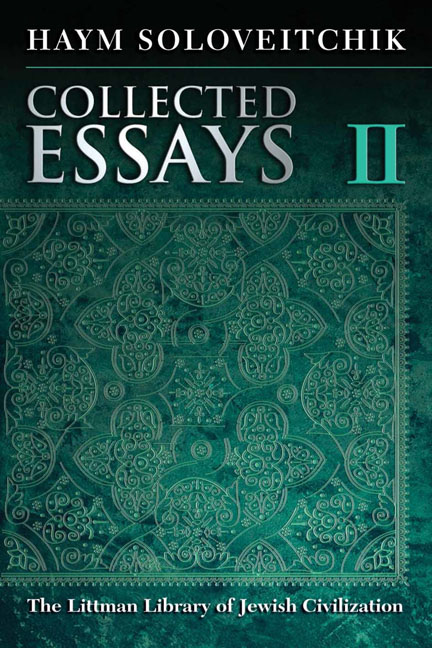Book contents
- Frontmatter
- Dedication
- Preface
- Acknowledgments
- Contents
- Note on Transliteration and Conventions Used in the Text
- PART I RE-EVALUATION OF ELEVENTH-CENTURY ASHKENAZ
- PART II MARTYRDOM UNDER CROSS AND CRESCENT INTRODUCTION
- PART III MISHNEH TORAH
- Bibliography of Manuscripts
- Source Acknowledgments
- Index of Names
- Index of Places
- Index of Subjects
11 - Halakhah, Hermeneutics, and Martyrdom in Ashkenaz
- Frontmatter
- Dedication
- Preface
- Acknowledgments
- Contents
- Note on Transliteration and Conventions Used in the Text
- PART I RE-EVALUATION OF ELEVENTH-CENTURY ASHKENAZ
- PART II MARTYRDOM UNDER CROSS AND CRESCENT INTRODUCTION
- PART III MISHNEH TORAH
- Bibliography of Manuscripts
- Source Acknowledgments
- Index of Names
- Index of Places
- Index of Subjects
Summary
UNLIKE CHRISTIANITY, which underwent centuries of persecution before the conversion of the Emperor Constantine (313)—and the second-century Church Father Tertullian could rightly say, ‘The blood of martyrs is the seed of the Church’— Judaism emerged from national slavery, not religious persecution. There were instances of religious persecution, to be sure, but these occurred relatively late in the history of Judaism and did not have a formative influence. Not surprisingly, the tannaitic and amoraic dicta on martyrdom are few and elicited next to no discussion in the yeshivot of Sura and Pumbedita. Nor did suffering death at the hand of infidels constitute an axial religious event in Judaism as it did in Christianity (crucifixion). Martyrdom lies just beneath the surface of Christianity, as its ‘imitatio dei’ can readily take the form of picking up the cross, re-enacting the Via Dolorosa, and achieving martyrdom. Things changed dramatically in the second millennium of the Common Era. In a western Europe without heathens, there was no opportunity for Christian martyrdom. However, in the now thoroughly Christianized western Europe, martyrdom became a defining feature of Jewish existence. Beginning with the First Crusade (1096), religious persecution became the constant companion of the Jew, and martyrdom a significant component of Jewish self-perception, even of self-definition. The article below seeks to show how the sustained, lethal pressure for religious conversion and the tragic modes of Jewish defiance led some medieval Talmudists and more than one modern scholar to read the rabbinic texts of the first millennium through the spectacles of the second.
What further emerges from this study is the extent to which on occasion major— indeed, overwhelming—considerations do not register on the legal radar. The fate of the children in this world and, above all, their eternal death in the world to come, the absurdity of suffering a martyr's death and having one's offspring brought up as Christians or Muslims and lost forever to the Jewish people, are not meaningful categories in talmudic law. Not surprisingly, as in the large, deeply settled Jewish communities of talmudic times, both in the Holy Land and in Babylonia, the child of the martyr would be brought up by relatives or neighbors and the continuance of Judaism assured. Not so in medieval Europe or the Maghreb. Powerful forces were thus at work in medieval martyrdom which could not find expression in the traditional, normative idiom.
- Type
- Chapter
- Information
- Collected EssaysVolume II, pp. 228 - 287Publisher: Liverpool University PressPrint publication year: 2014



